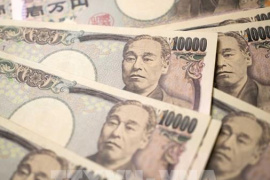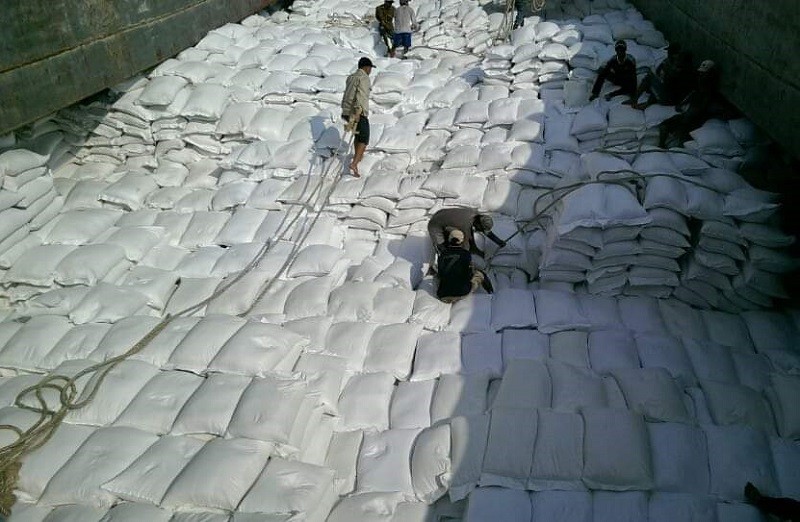In Vietnam, the Asian Development Bank - ADB signed a €20 million (around $21 million) loan with Hayat Kimya Vietnam Company Limited (Hayat Kimya) to support the on-going construction of a manufacturing facility for baby diapers, wet wipes, and women’s hygiene pads in Vietnam.
The project aims to expand consumer choices and improve the affordability of these products, which will also be exported to Malaysia and Thailand. An additional loan of €15 million was issued by Deutsche Investitions- und Entwicklungsgesellschaft mbH.
“Proper menstrual health management and childcare sanitation is crucial for women, and yet they not only lack access to hygiene products but also face stigma often linked to menstruation,” said Director General of ADB's Private Sector Operations Department Suzanne Gaboury. “Our support will help Hayat Kimya to continue empowering women and improving their health and education, leaving them in a better position to share in the country’s rising prosperity.”
In Viet Nam, it is estimated that only 43% of women have access to sanitary pads while only 52% of mothers use diapers for their infants. At the same time, Viet Nam has one of the highest female labor force participation rates in the world. Even so, most working women still have primary responsibility for house, child, and elderly care duties.
ADB will also help Hayat Kimya to develop a gender-inclusive action plan which includes promoting gender equality in their branding and marketing, implementation of an awareness campaign about the benefits of hygiene products, and development of a gender-inclusive corporate framework including anti-sexual harassment policies and career development programs for female professionals. The company also aims to open an internship program for female graduates of science, technology, engineering, and mathematics.
This project has qualified for a 2x gender financing rating, a challenge launched at the G7 summit in 2018 to encourage gender lens investing among development finance institutions.
“We believe that everyone has the right to access quality sanitation products and we work for this vision. Especially in a region like Southeast Asia and particularly in Viet Nam, where women are extremely active in both home and business life. It inspires us to know that we add comfort to their lives,” said Hayat’s Vice President of Finance Hüseyin Okur.
Hayat Kimya is a wholly owned subsidiary of Hayat Kimya Sanayi, the world’s fourth-largest branded baby diaper manufacturer, and was established over 50 years ago in Türkiye. The company owns 16 brands across multiple consumer product categories. It operates 21 manufacturing facilities, has 9,000 employees globally, and is among Türkiye’s top 50 industrial entities.
ADB is committed to achieving a prosperous, inclusive, resilient, and sustainable Asia and the Pacific, while sustaining its efforts to eradicate extreme poverty. Established in 1966, it is owned by 68 members—49 from the region.






